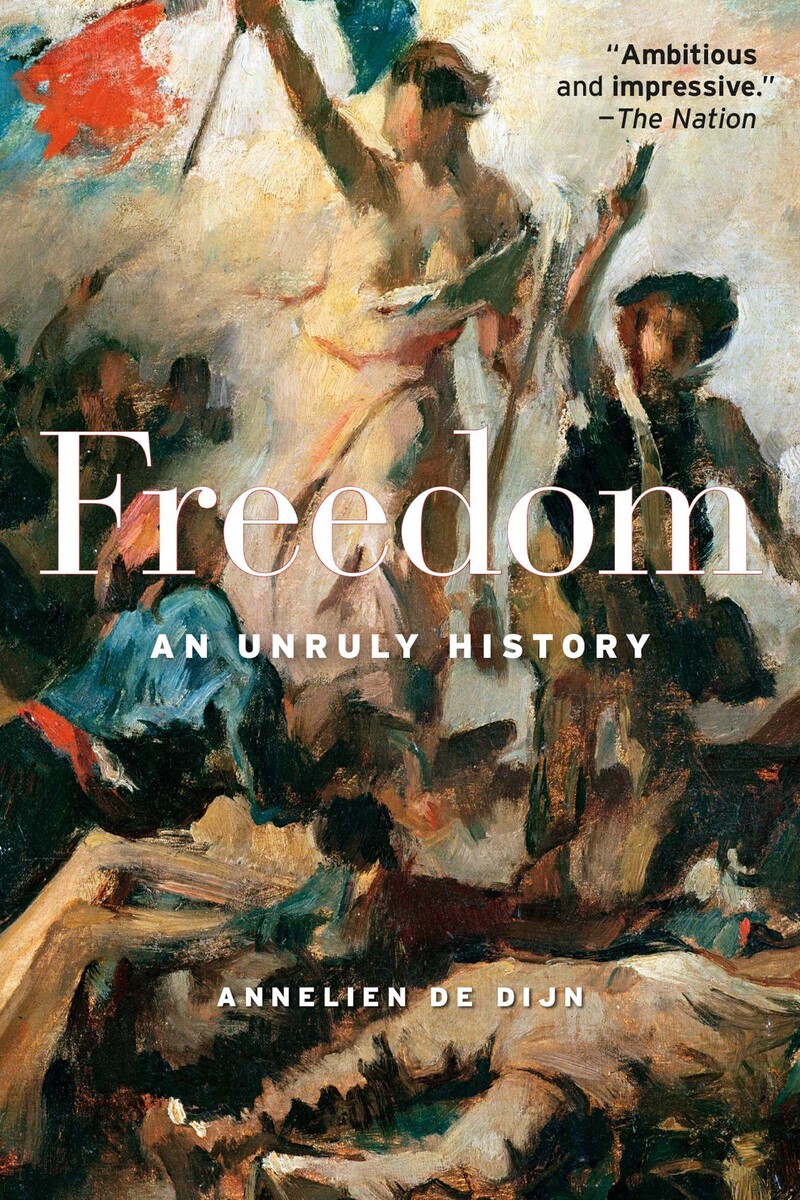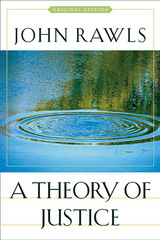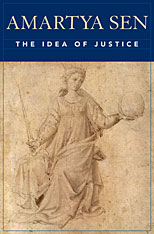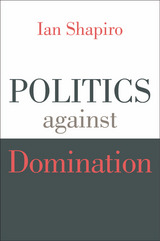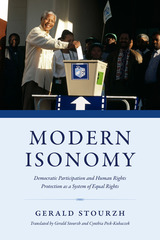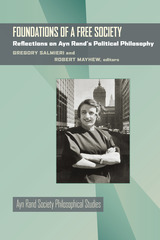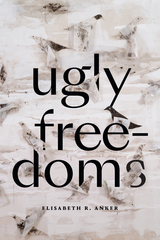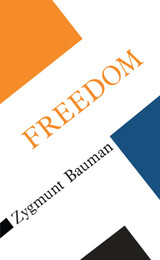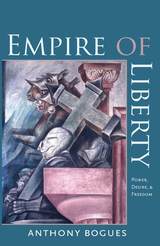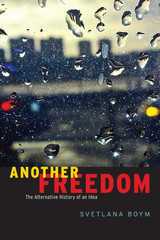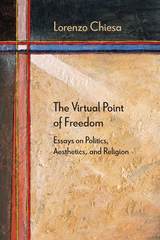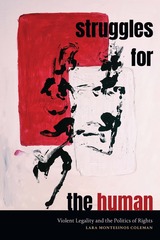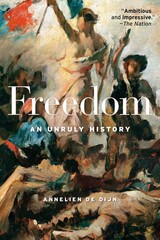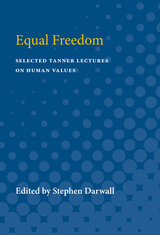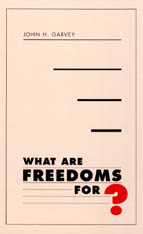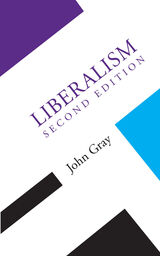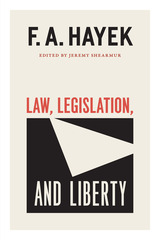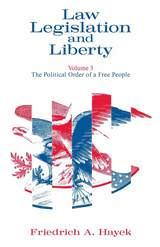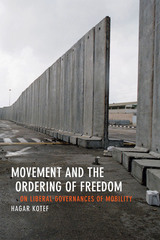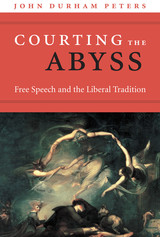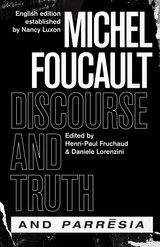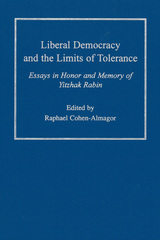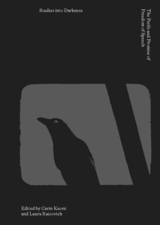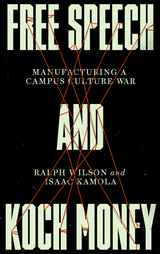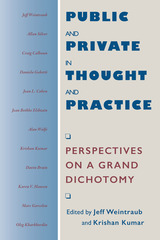eISBN: 978-0-674-24561-7 | Cloth: 978-0-674-98833-0 | Paper: 978-0-674-27863-9
Library of Congress Classification JC585.D4865 2020
Dewey Decimal Classification 323.44
Winner of the PROSE Award
An NRC Handelsblad Best Book of the Year
“Ambitious and impressive…At a time when the very survival of both freedom and democracy seems uncertain, books like this are more important than ever.”
—The Nation
“Helps explain how partisans on both the right and the left can claim to be protectors of liberty, yet hold radically different understandings of its meaning…This deeply informed history of an idea has the potential to combat political polarization.”
—Publishers Weekly
“Ambitious and bold, this book will have an enormous impact on how we think about the place of freedom in the Western tradition.”
—Samuel Moyn, author of Not Enough
“Brings remarkable clarity to a big and messy subject…New insights and hard-hitting conclusions about the resistance to democracy make this essential reading for anyone interested in the roots of our current dilemmas.”
—Lynn Hunt, author of History: Why It Matters
For centuries people in the West identified freedom with the ability to exercise control over the way in which they were governed. The equation of liberty with restraints on state power—what most people today associate with freedom—was a deliberate and dramatic rupture with long-established ways of thinking. So what triggered this fateful reversal? In a masterful and surprising reappraisal of more than two thousand years of Western thinking about freedom, Annelien de Dijn argues that this was not the natural outcome of such secular trends as the growth of religious tolerance or the creation of market societies. Rather, it was propelled by an antidemocratic backlash following the French and American Revolutions.
The notion that freedom is best preserved by shrinking the sphere of government was not invented by the revolutionaries who created our modern democracies—it was first conceived by their critics and opponents. De Dijn shows that far from following in the path of early American patriots, today’s critics of “big government” owe more to the counterrevolutionaries who tried to undo their work.
See other books on: Freedom | Government, Resistance to | Liberty | Political Freedom | Power (Social sciences)
See other titles from Harvard University Press
